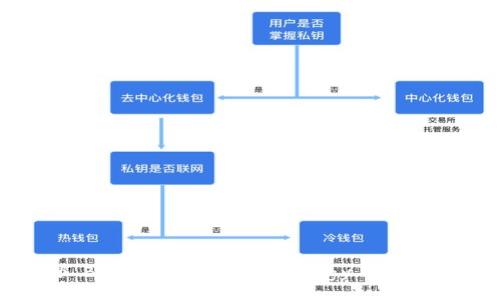What is blockchain technology and how does it work?
Blockchain technology is a distributed ledger technology that enables secure and transparent transfer of data across a network of computers. It works by creating a decentralized database that is shared among all participants in the network, allowing for the verification of transactions through a consensus mechanism. This consensus mechanism is achieved through cryptographic techniques, making the data stored on the blockchain immutable and tamper-evident.
What are the applications of blockchain technology beyond cryptocurrency?
Beyond cryptocurrency, blockchain technology has a wide range of applications in various industries, including supply chain management, healthcare, finance, and government. In supply chain management, blockchain can be used to track the origin and movement of products, ensuring their authenticity and preventing fraud. In healthcare, blockchain can be used to securely share patient data between healthcare providers, improving patient outcomes and reducing costs.
How has the development of blockchain technology impacted the financial industry?
The development of blockchain technology has disrupted the financial industry by allowing for the creation of decentralized financial systems that do not require intermediaries, such as banks. This has resulted in the creation of new financial instruments, such as cryptocurrencies, which have challenged traditional financial systems and institutions. However, it has also raised concerns around regulatory compliance and the potential risks associated with the use of these new financial instruments.
What are smart contracts and how do they work?
Smart contracts are self-executing contracts with the terms of the agreement between buyer and seller being directly written into lines of code. They are stored on a blockchain and executed automatically when certain conditions are met, eliminating the need for intermediaries and increasing efficiency. Smart contracts have the potential to revolutionize industries such as real estate and supply chain management, where current processes are often manual and time-consuming.
What are some of the challenges facing the widespread adoption of blockchain technology?
Despite the potential benefits of blockchain technology, there are several challenges facing its widespread adoption. One key challenge is scalability, as blockchains can be slow and expensive to scale. Additionally, regulatory uncertainty, interoperability, and the need for technical expertise are all barriers to adoption. However, as the technology continues to develop, it is expected that these challenges will be addressed.
What are the implications of blockchain technology for privacy and security?
Blockchain technology has the potential to improve privacy and security by creating a tamper-evident, immutable record of transactions that can be shared across a network of participants. However, there are also concerns around the potential misuse of blockchain technology for illicit activities, such as money laundering and terrorism financing. Additionally, the decentralized nature of blockchains raises questions around data protection and privacy, as personal data may be stored on a public ledger. As such, it is important that privacy and security concerns are addressed when implementing blockchain technology.






